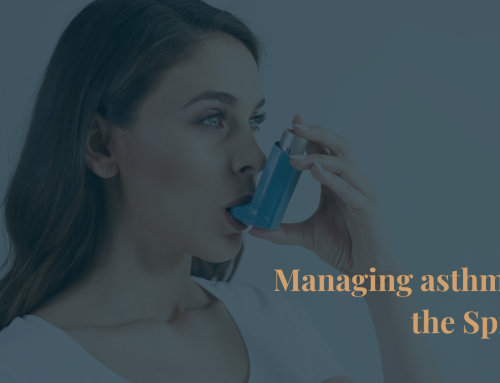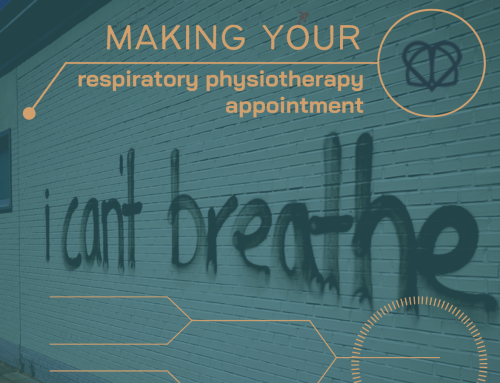
Access this factsheet as a pdf here: Fact sheet Asthma and COVID-19.
To reduce the risk of a flare up in your asthma symptoms during the COVID-19 crisis, follow these simple steps:
- Keep taking your preventer inhaler daily as prescribed. This will help cut your risk of an asthma attack being triggered by any respiratory virus, including coronavirus.
- Carry your reliever inhaler (usually blue) with you every day, in case you feel your asthma symptoms flaring up. Do not exceed the recommended dose.
- Download and use an asthma action plan from the Asthma UK website to help you recognise and manage asthma symptoms when they come on.
- Start a peak flow diary (again available from the Asthma UK website), if you have a peak flow meter. If you don’t have a peak flow meter, think about getting one from your GP or pharmacist, as it can be a good way of tracking your asthma and helping to tell the difference between asthma symptoms and COVID-19 symptoms. It can also help your medical team to assess you over the phone or video.
- For those without peak flow meters – Air Physio recommends keeping a symptom diary which records how you feel day to day and how you are coping with simple tasks such as washing and dressing. You could use a scale of 0-10 (0 being good and 10 being bad) to rate symptoms such as breathlessness, cough or wheeze.
- If you smoke it’s vital to quit now as smoking will increase your risk from COVID-19. There’s NHS advice on how to give up smoking here.
What to do if you have asthma and you develop symptoms of COVID-19 (a new continuous cough or fever):
- You need to stay in your home for 7 days if you live on your own, or 14 days if you live with others. Everyone in your household will need to stay in the house for 14 days.
- You don’t need to contact 111 to tell them you are staying at home.
- If your COVID-19 symptoms don’t go away after 7 days, or get worse, or you are having difficulty breathing, call 111 for advice, or 999 if you need emergency care.
- Tell them that you have asthma, and if your asthma symptoms are getting worse – give
them details of your peak flow diary and medication use. - If you get an asthma cough and are not sure whether your cough is a symptom of COVID-19 or related to your asthma, please speak to your GP, use the online 111 service or call 111 to ensure that you get the right care.
- Keep following your asthma action plan to manage your asthma and so you know what to do if your asthma symptoms get worse. If you are having an asthma attack, call 999 for an ambulance as usual, and tell them you have COVID-19 symptoms.
- Carry on taking all your usual asthma medicines as normal.
What to do if your asthma is getting worse:
- If your asthma is getting worse and you have symptoms of COVID-19, please use the 111 online service or call 111. Please don’t go to your doctor’s surgery.
- When you contact 111:
o Let them know that you have asthma and that you’re getting asthma symptoms.
o Explain how often you are using your reliever inhaler and if it’s not working completely or lasting for 4 hours.
o Give them details of your peak flow or symptom diary.
o Follow the instructions given to you by 111. - If your symptoms get worse quickly and you’re worried you are having an asthma attack, call 999 and let them know you may have coronavirus and are having an asthma attack.
See Asthma UK’s asthma attack advice for more information. - If your asthma is getting worse and you don’t have symptoms of COVID-19, make an urgent appointment to see your GP as usual. They may ask to speak to you by phone or video. If you have an asthma attack, follow the steps on your action plan and call 999 for an ambulance if you need to.
If you have severe asthma:
- Severe asthma is asthma that is hard to treat, and often the symptoms are not well controlled, even with high doses of medicines such as steroids.
- Having severe asthma is likely to put you at higher risk of complications from COVID-19 and you therefore may be contacted by the NHS to tell you what to do if you are in this higher-risk group.
- We have summarised what this NHS advice might consist of here
Make sure you can get what you need:
- You should make plans to help you cope if the spread of the virus causes significant disruption, or if you are asked to self-isolate.
- This might include making sure you know how you would get your medicines, food and other essential items if you had to self-isolate, and thinking about how you would stay in touch with friends and family.
- You should register with your GP surgery for online services like ordering your prescriptions.
- Keep an eye on our Air Physio blog for tips on coping with self-isolation.
Credit to: Asthma UK
Access this factsheet as a pdf here: Fact sheet Asthma and COVID-19.




